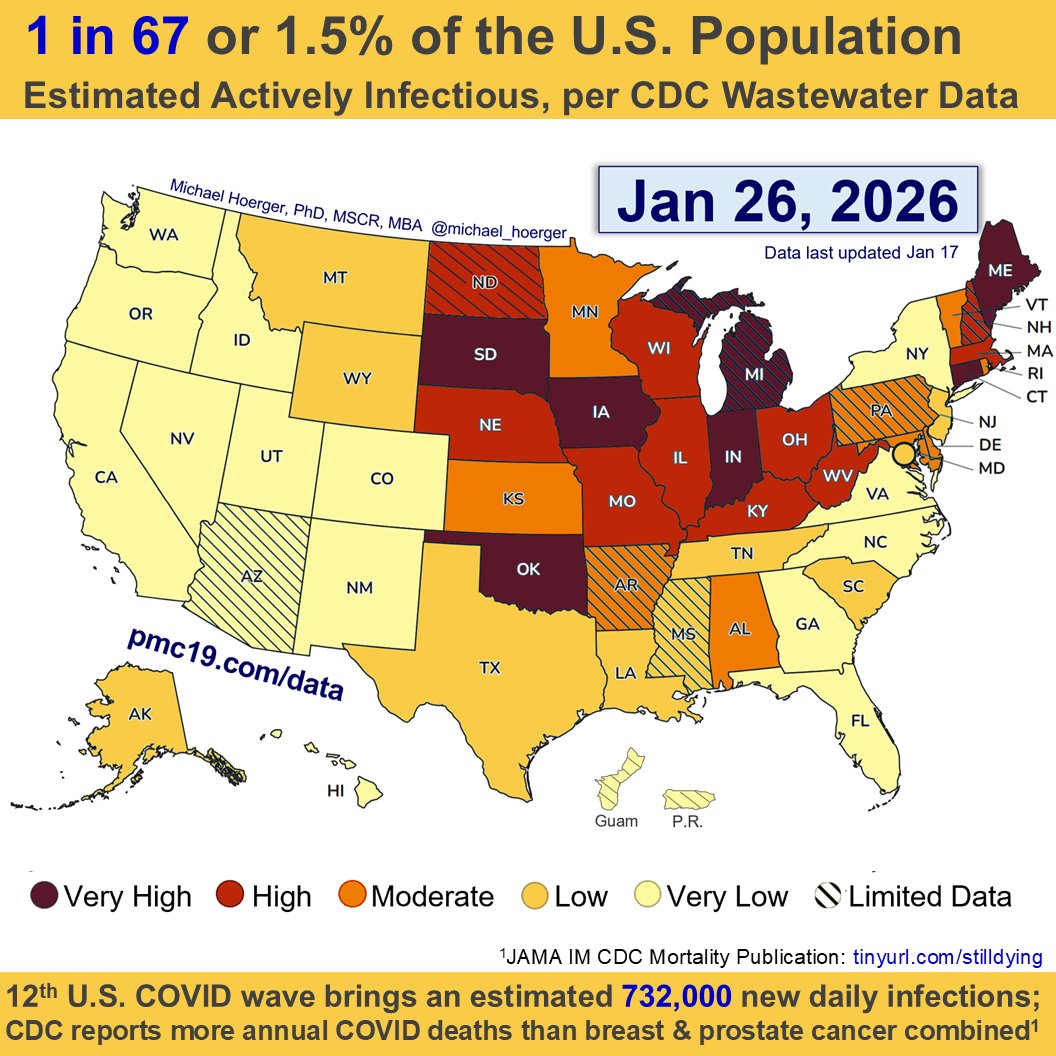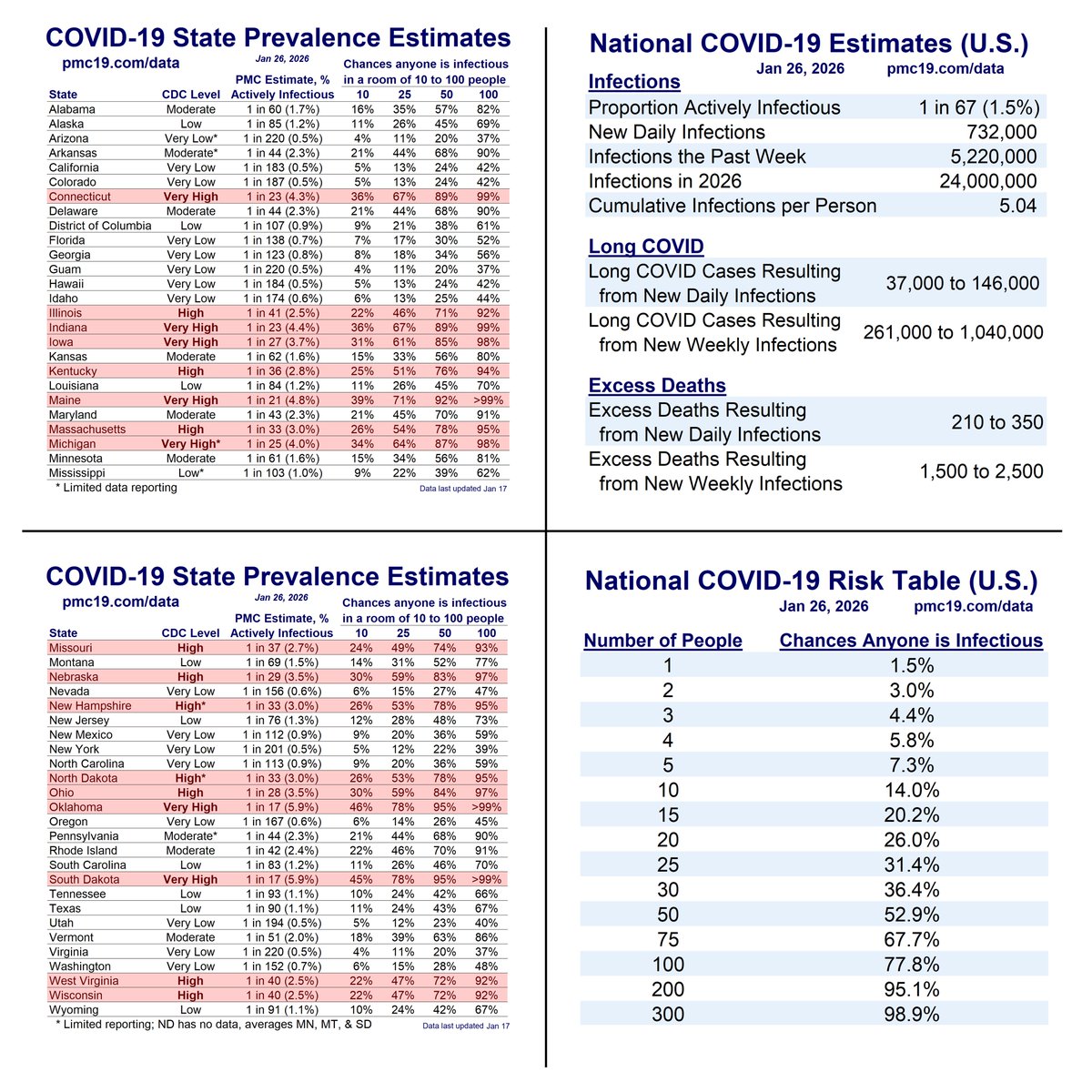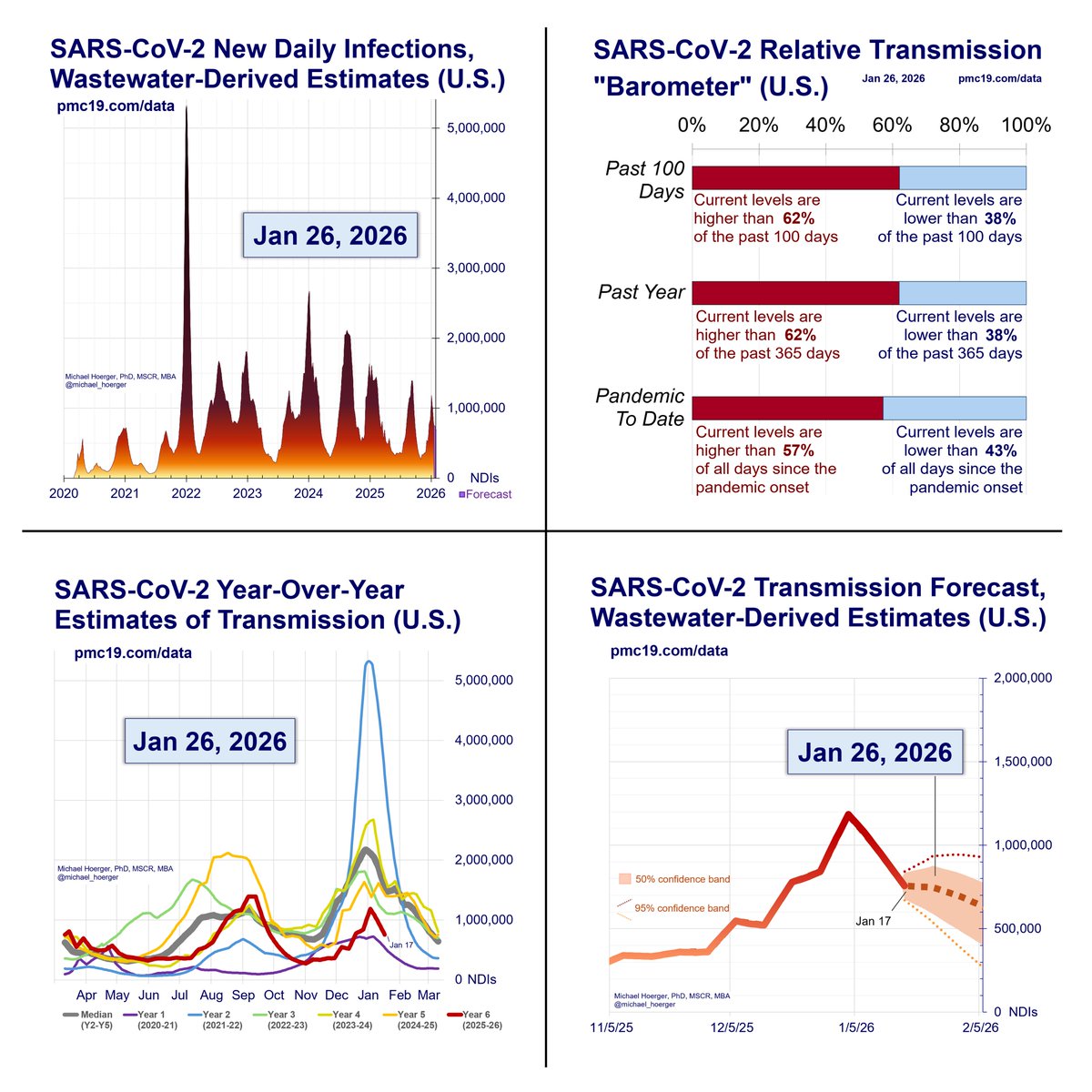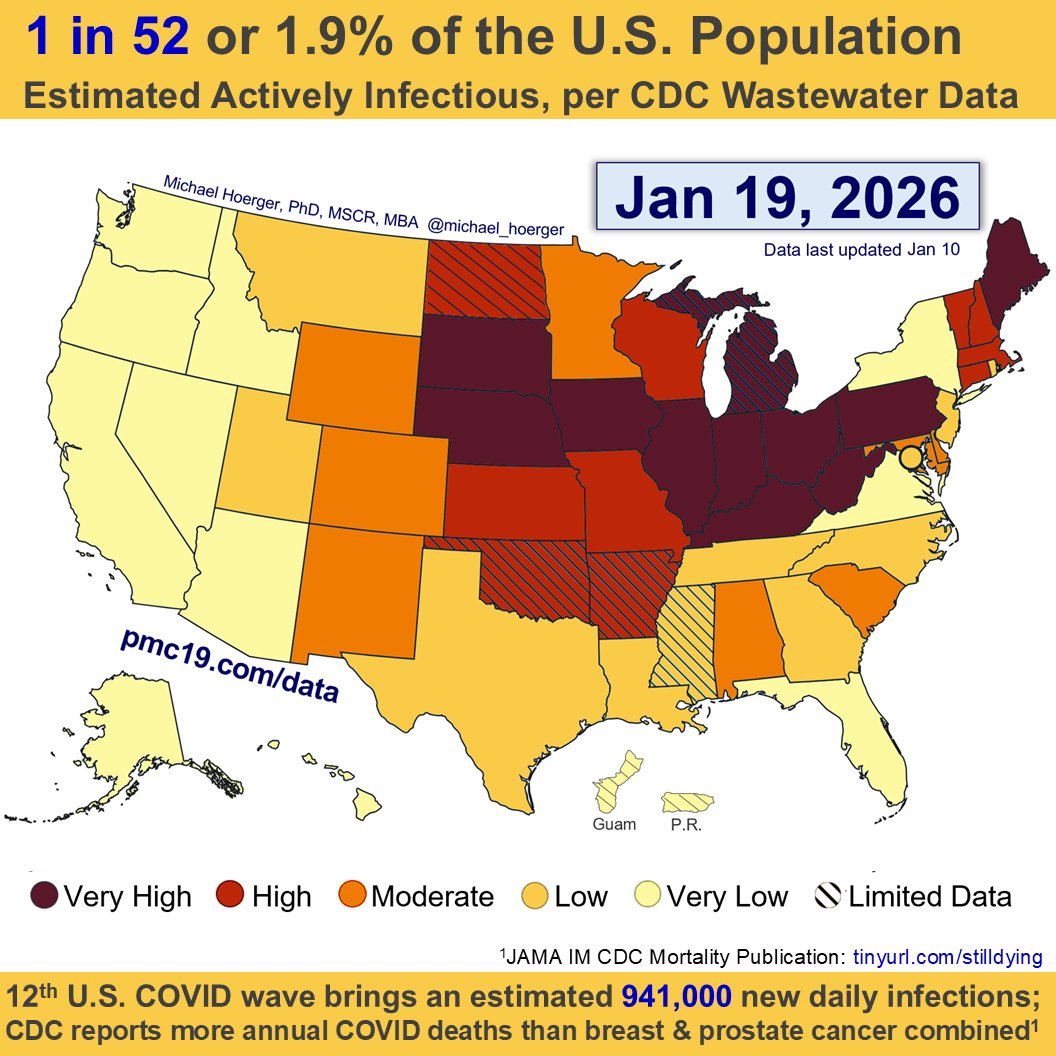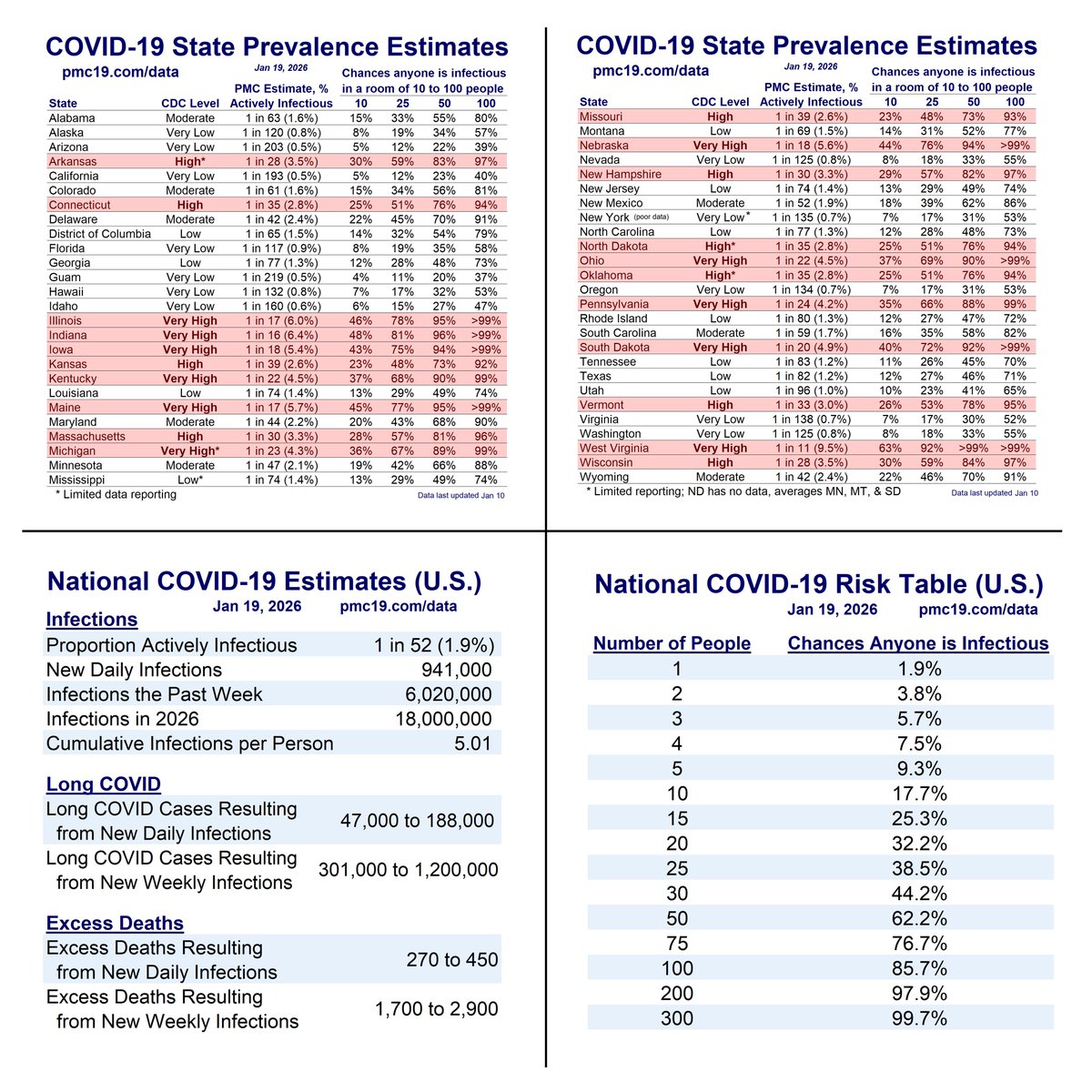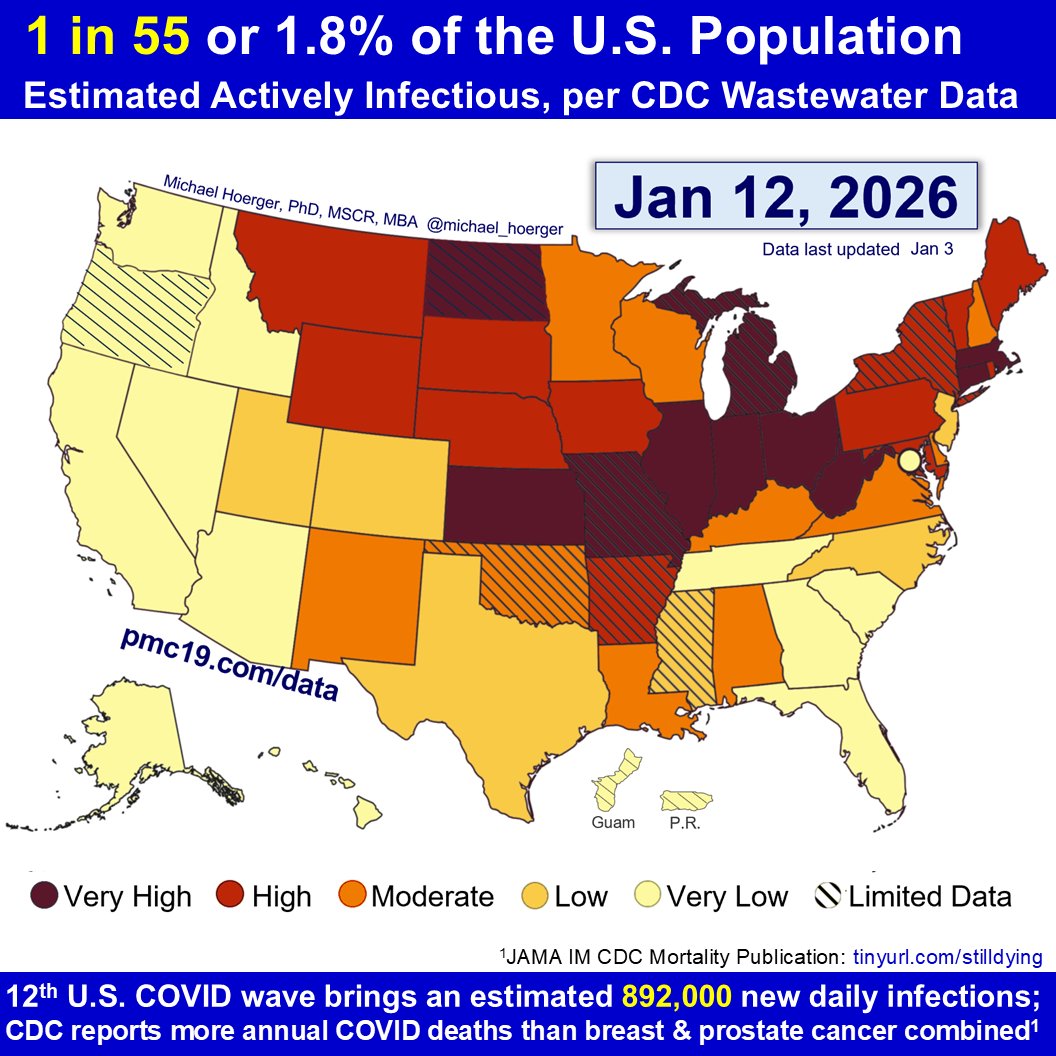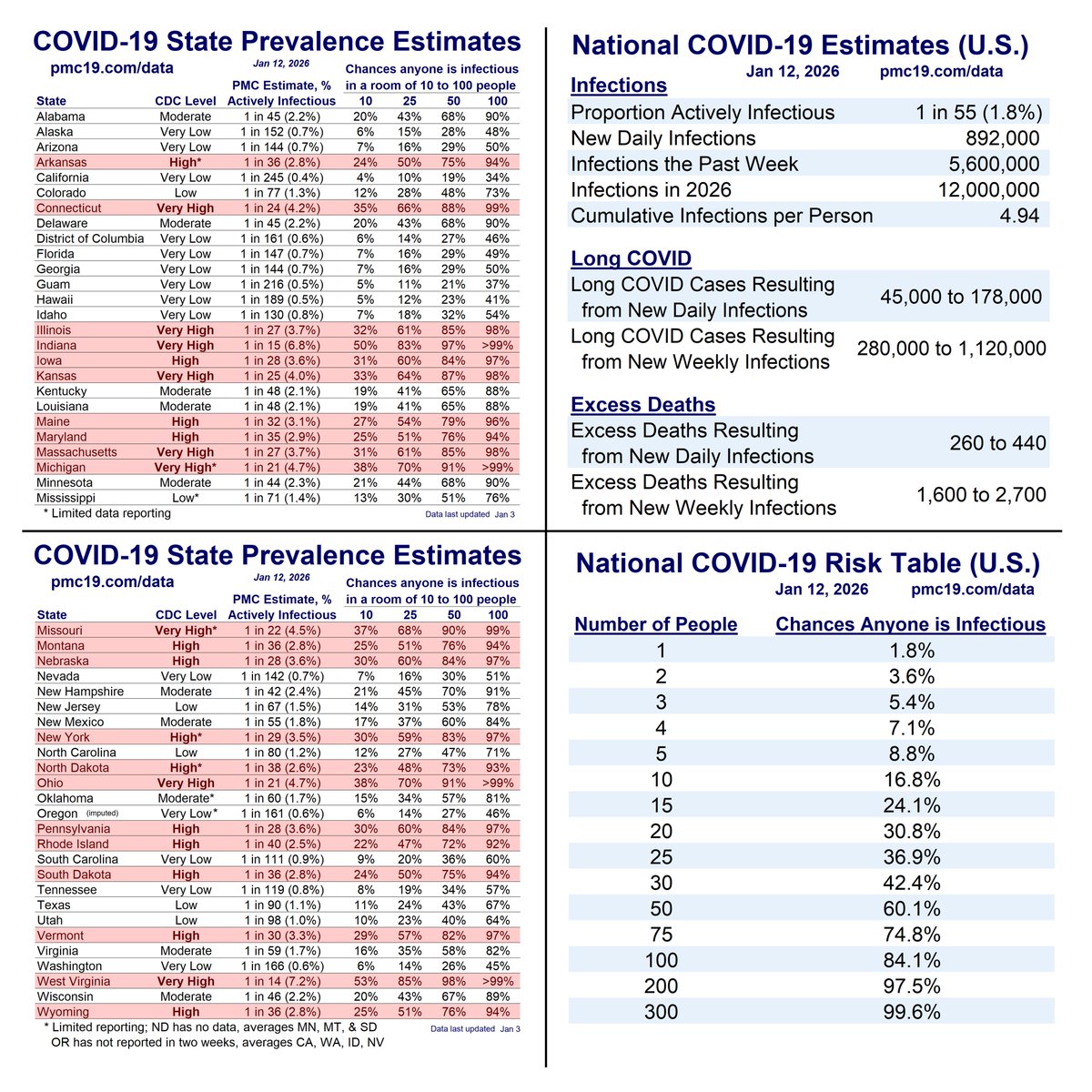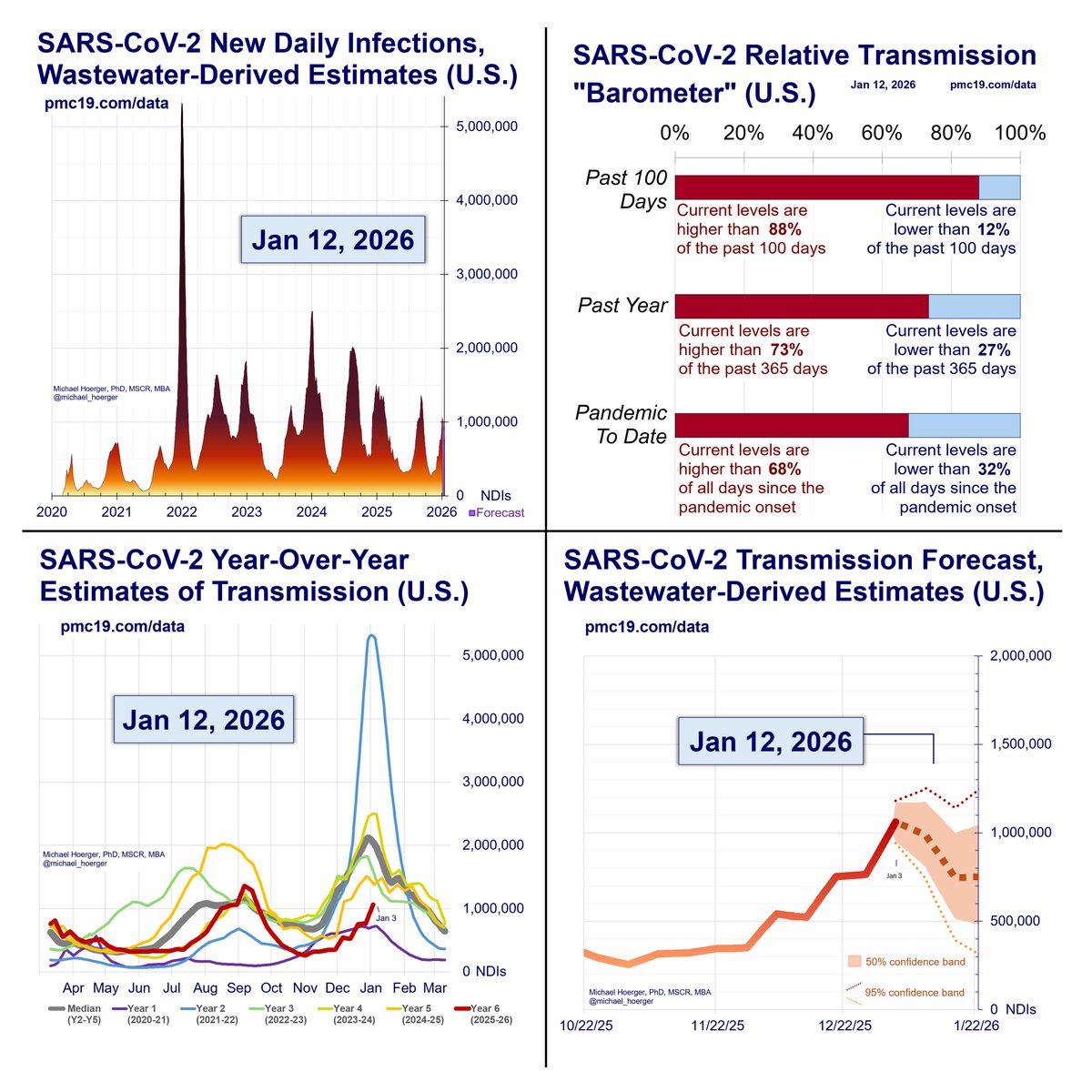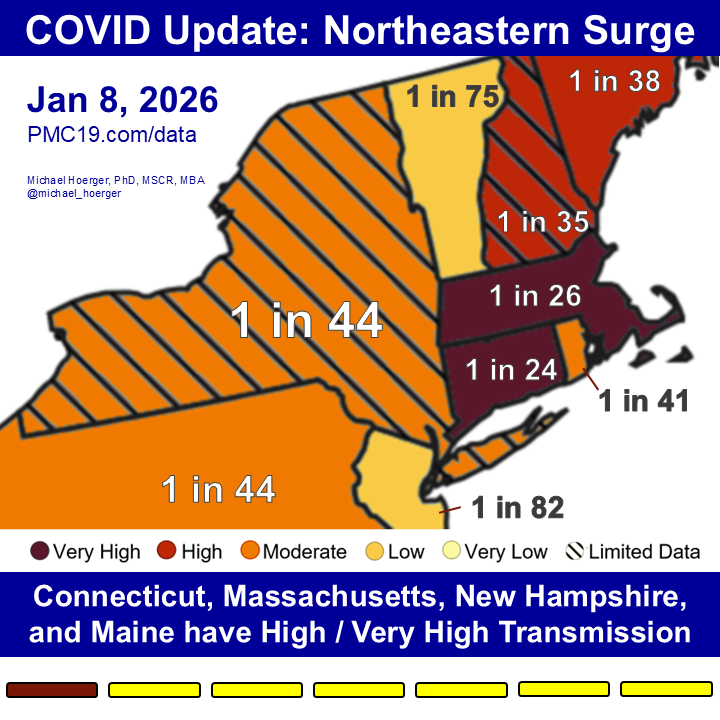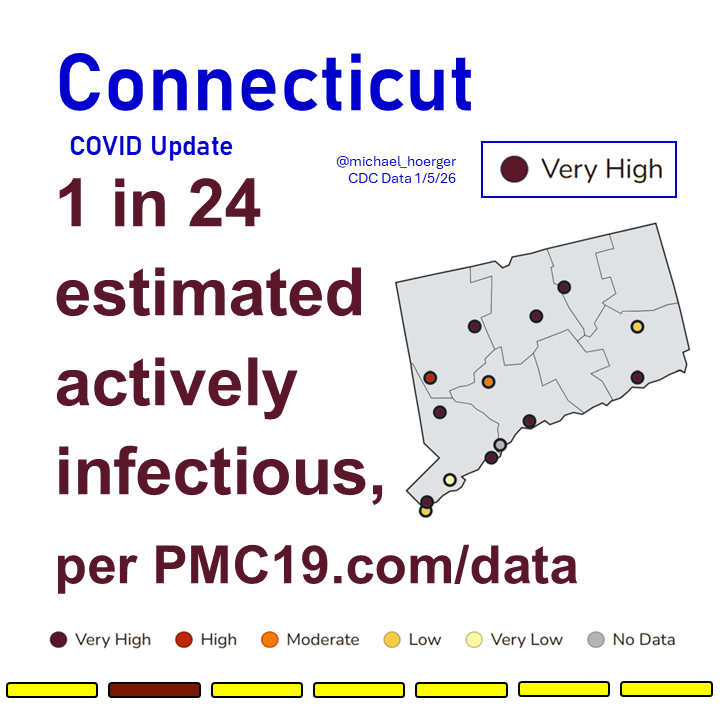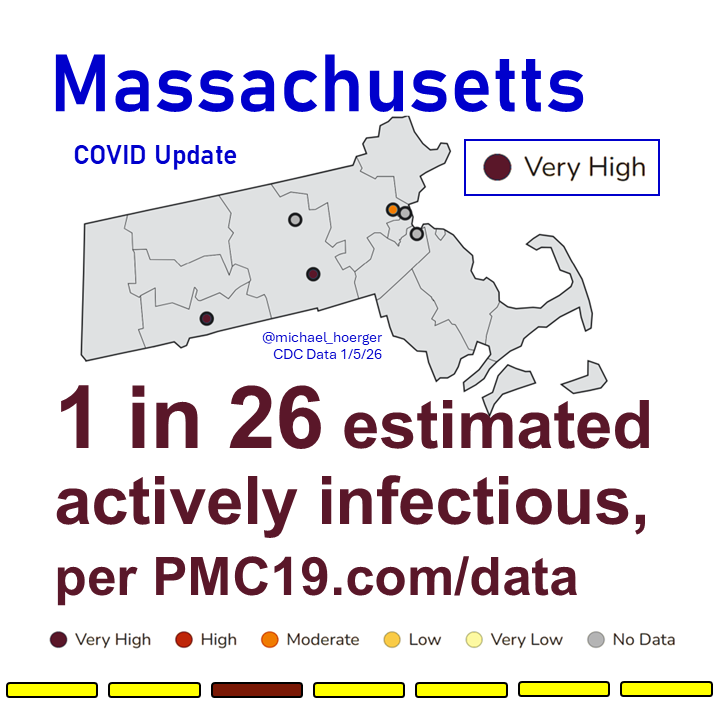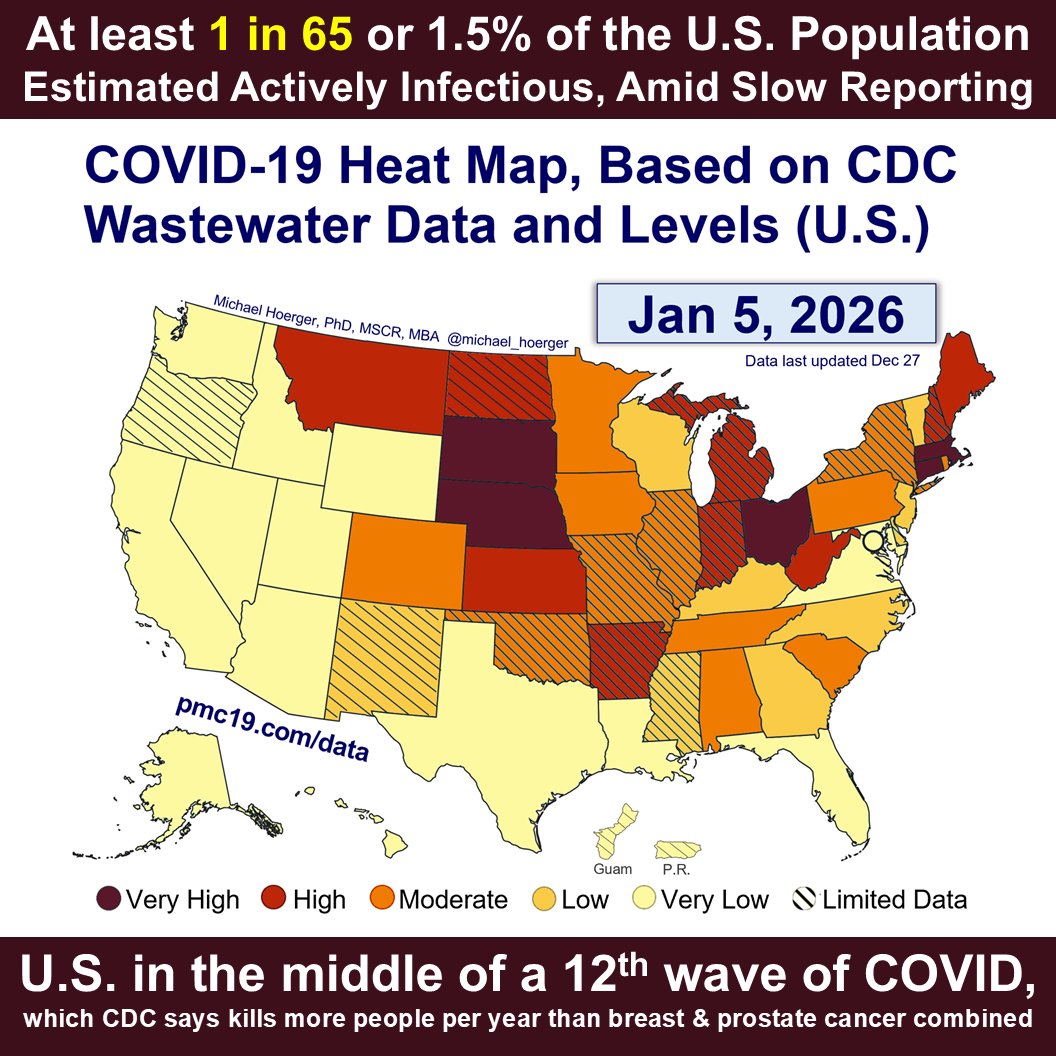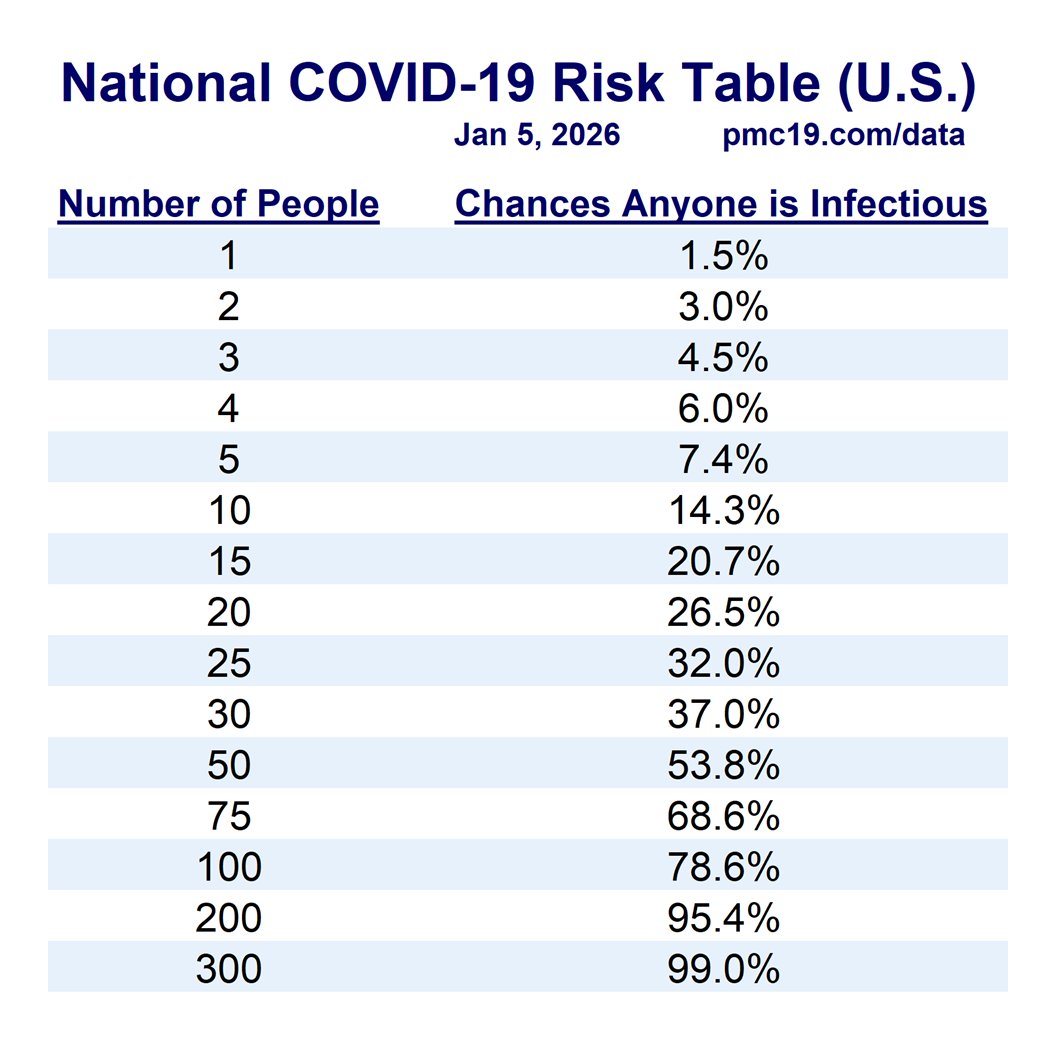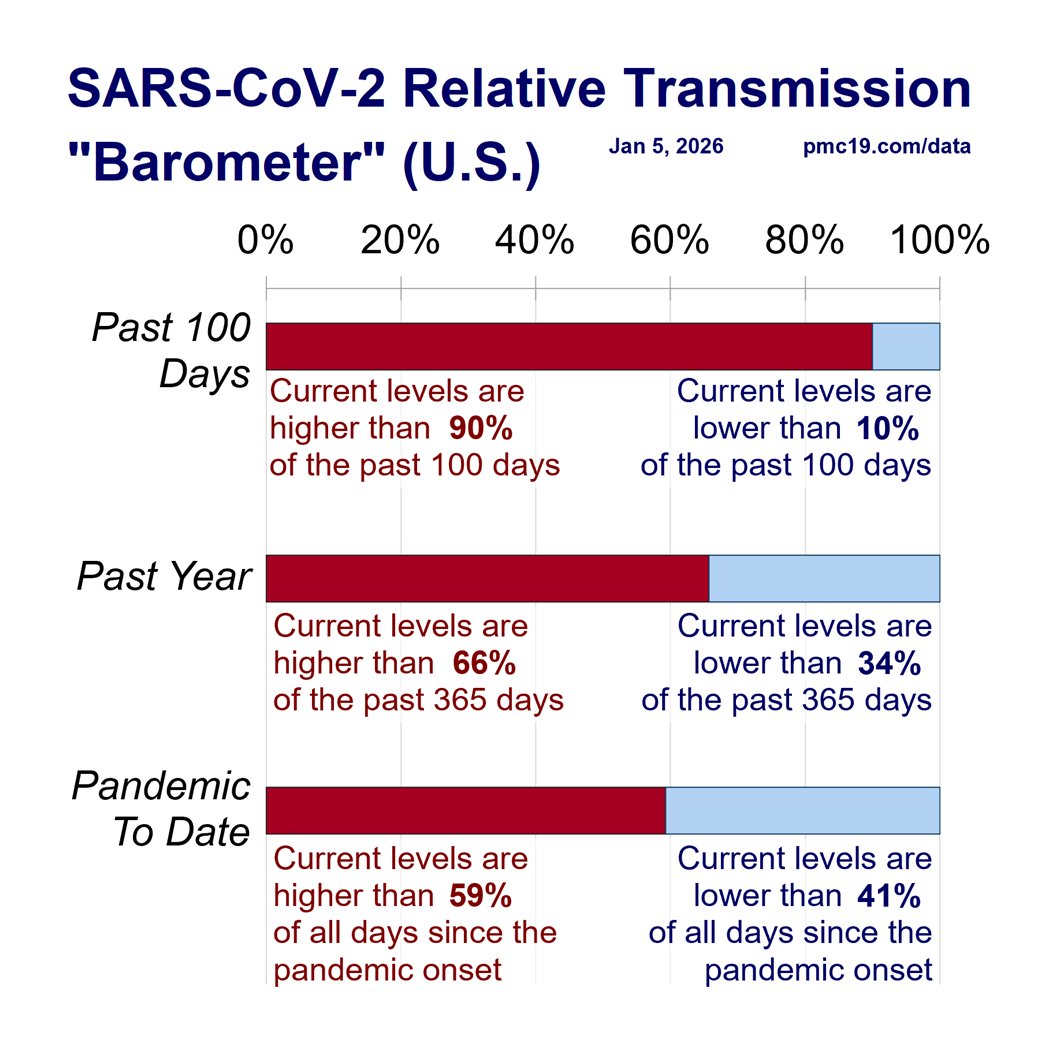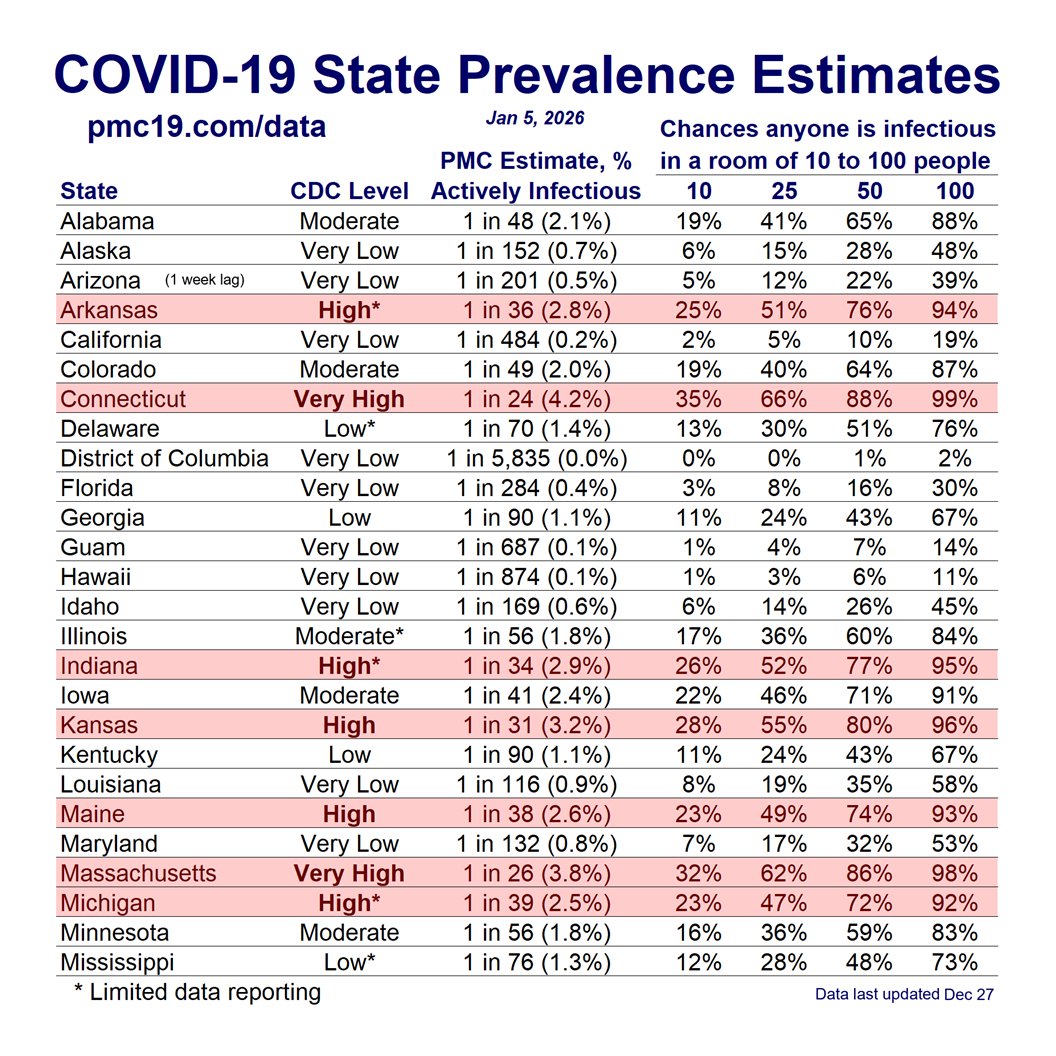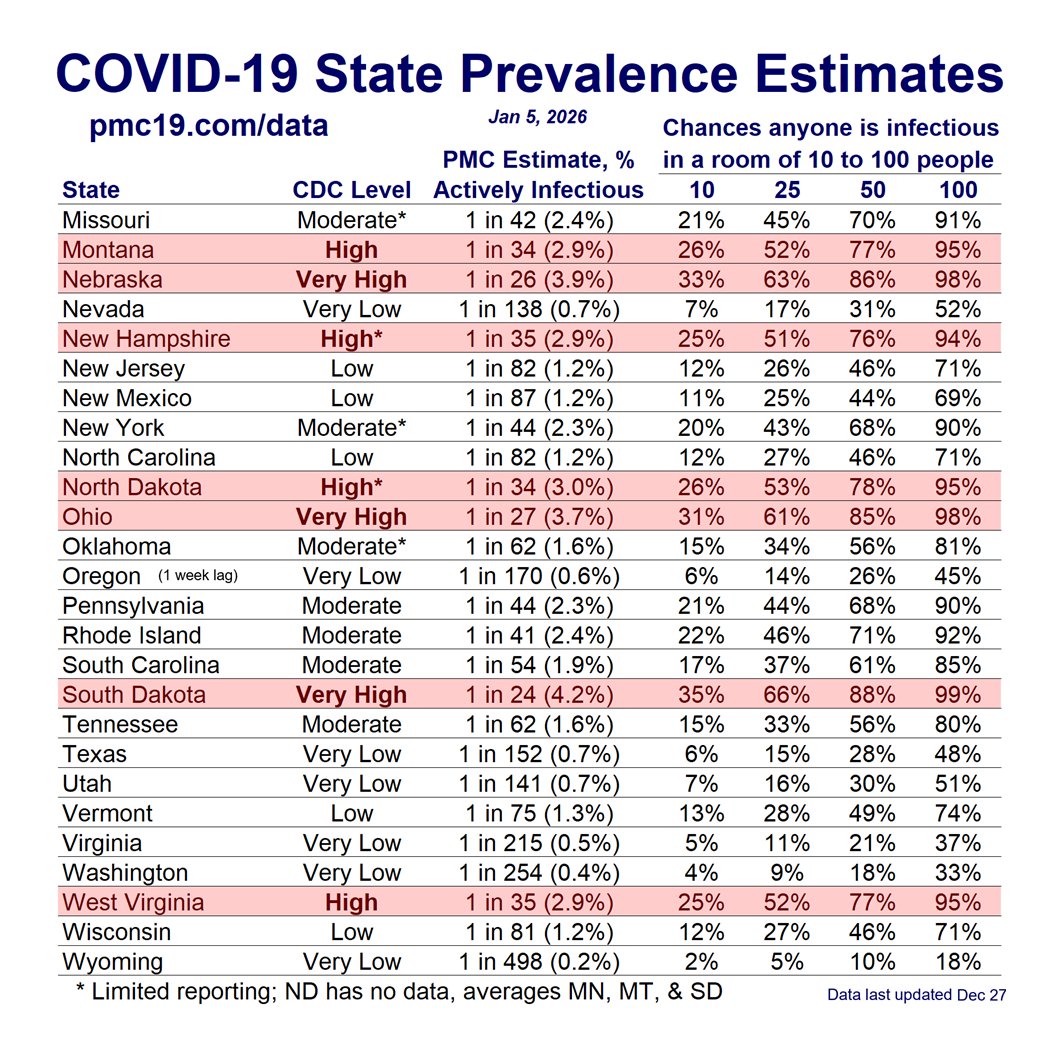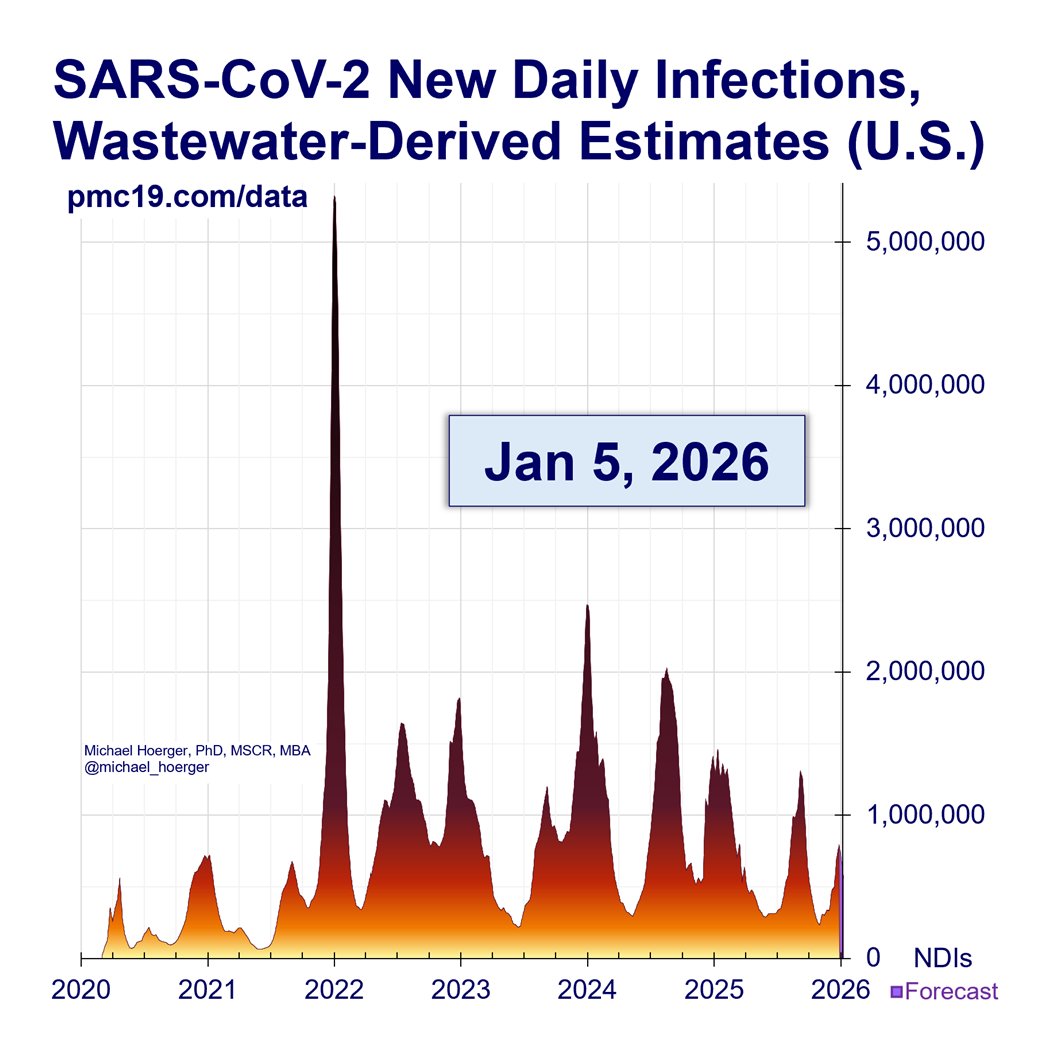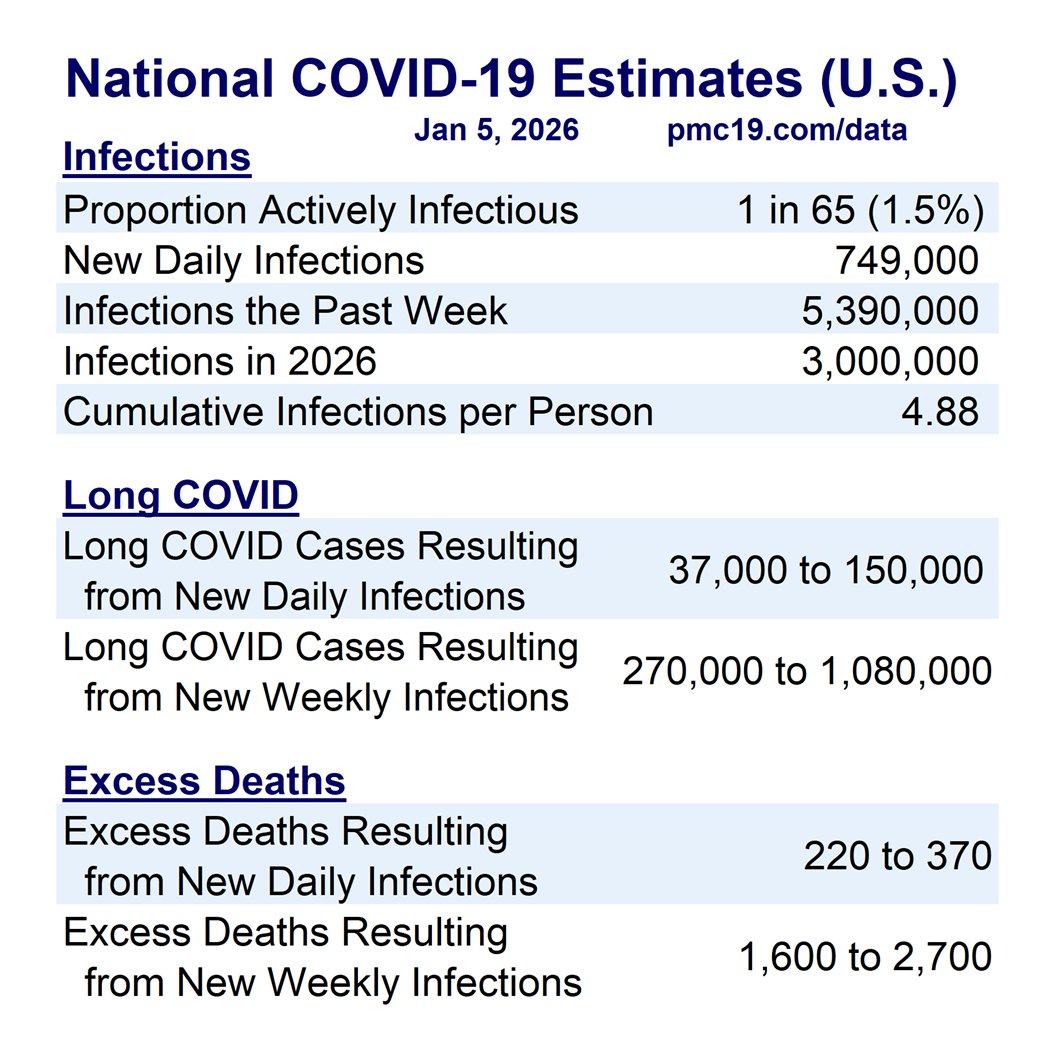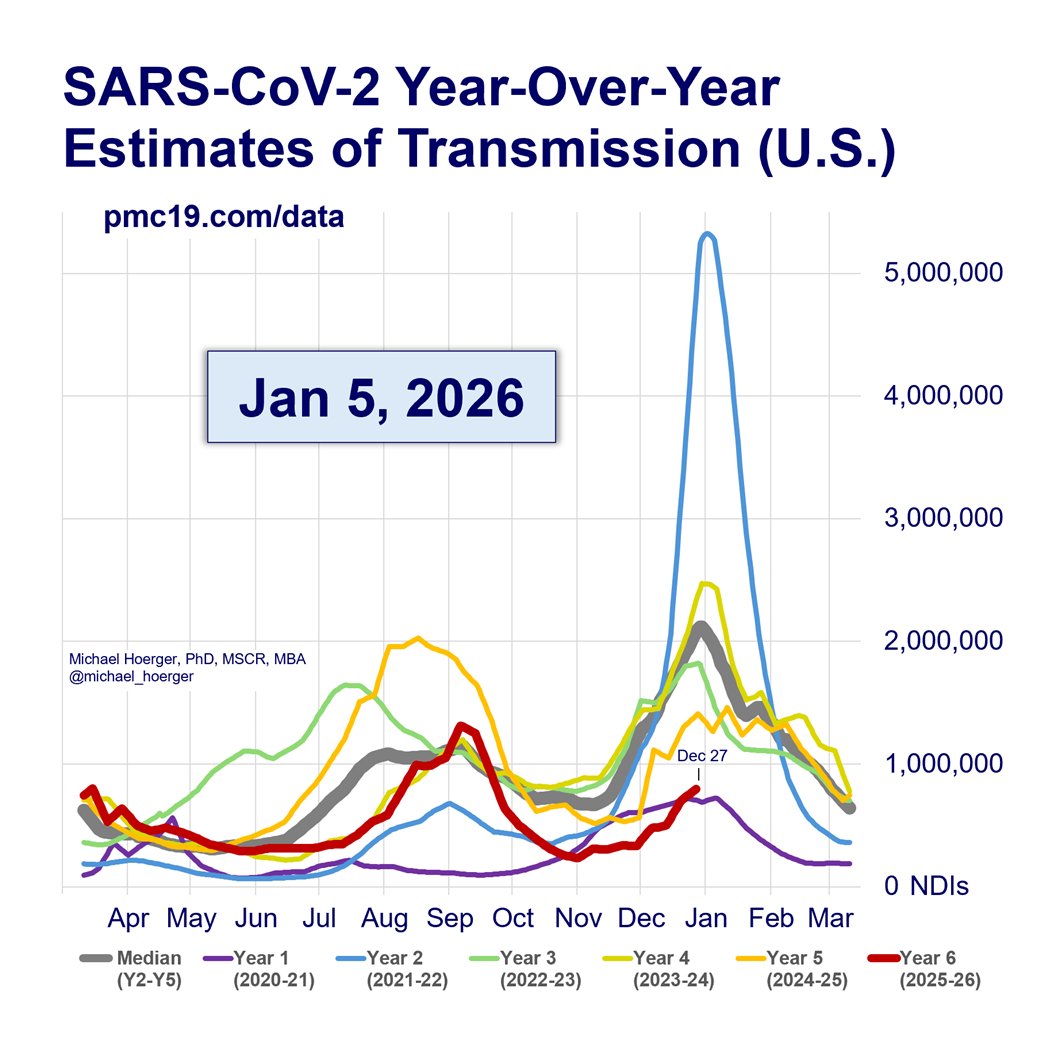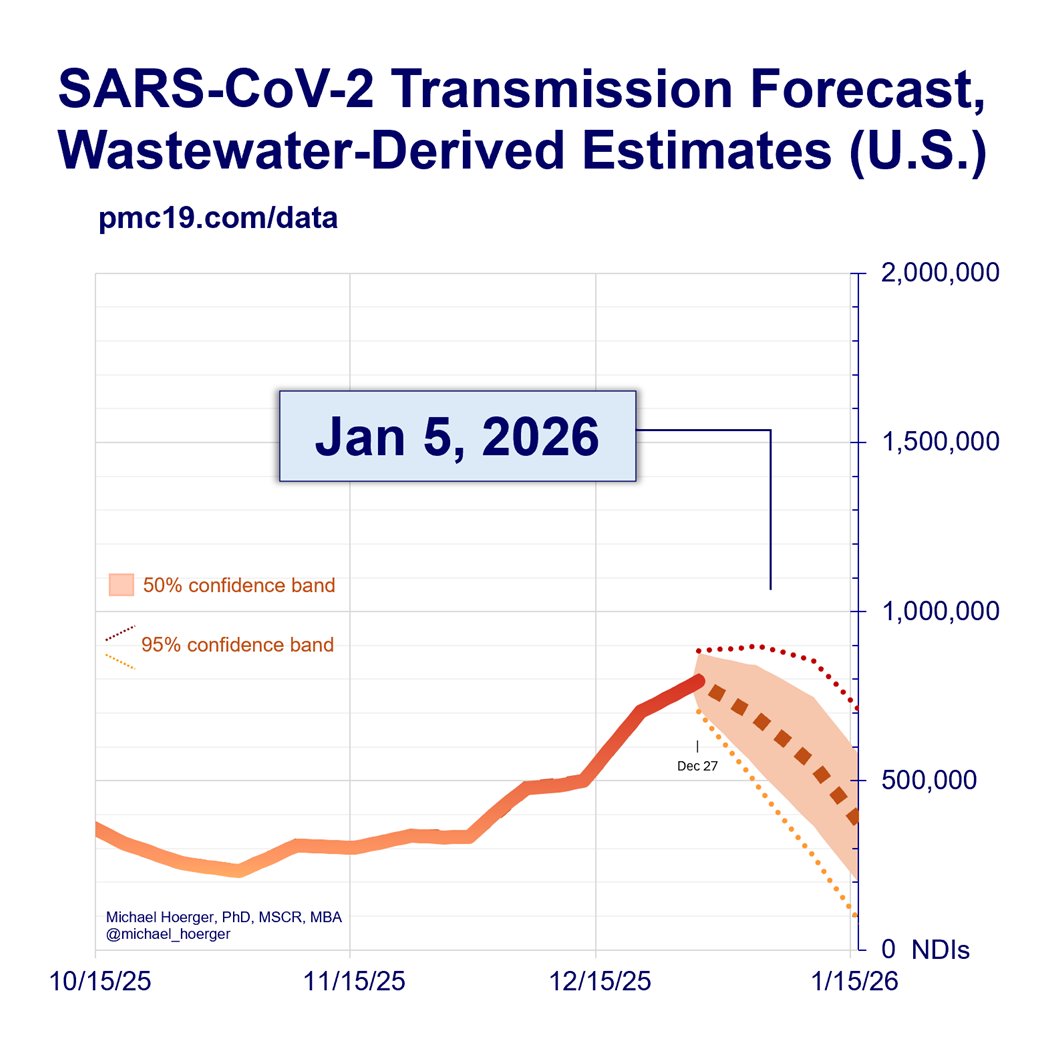Let's talk #DeathTrajectories 🧵
One of the biases in #PublicHealth policy is the focus on acute COVID deaths. It's a lagging indicator and only covers 1 of 5 common death trajectories.
For COVID, people imagine the upper left. Get COVID, then a quick death.
1/7
One of the biases in #PublicHealth policy is the focus on acute COVID deaths. It's a lagging indicator and only covers 1 of 5 common death trajectories.
For COVID, people imagine the upper left. Get COVID, then a quick death.
1/7

This is another common death trajectory. You see this a lot with serious cancer diagnoses.
However, you can see it with COVID too. Someone was doing well, gets COVID, and then experiences a decline over 1-2 years. It may cause or aggravate another health condition.
2/7
However, you can see it with COVID too. Someone was doing well, gets COVID, and then experiences a decline over 1-2 years. It may cause or aggravate another health condition.
2/7

This is a 3rd common death trajectory, often typical of organ failure. You can see someone get COVID, and somewhere down the line it causes or aggravates organ damage.
Dips in functioning are common, often with rebounding improvement, but sometimes a steep decline.
3/7
Dips in functioning are common, often with rebounding improvement, but sometimes a steep decline.
3/7

This is a 4th common death trajectory. Someone has a low baseline for physical functioning. It's sustained for a long time and only declines gradually before death.
Here, COVID may increase the steepness of each minor decline or accelerate the entire process.
4/7
Here, COVID may increase the steepness of each minor decline or accelerate the entire process.
4/7

Each of these stereotypical trajectories can be superimposed upon one another. In this 5th trajectory, it's a combo of trajectories #2 & #4.
Big decline in functioning, lower baseline, then a long tail. I worry we're going to see more of this with COVID.
5/7
Big decline in functioning, lower baseline, then a long tail. I worry we're going to see more of this with COVID.
5/7

Once people understand #DeathTrajectories, it's easy to see why a primary focus on hospitalizations or acute deaths is inappropriate at this stage of the pandemic.
Many of the deaths will take 3-15 years, with a lot of years of life lost (YLL). Focus on transmission.
6/7
Many of the deaths will take 3-15 years, with a lot of years of life lost (YLL). Focus on transmission.
6/7
These are some useful sources for learning more about death trajectories.
7/7
rcemlearning.org/modules/the-dy…
ruralhealth.und.edu/assets/3101-12…
csupalliativecare.org/wp-content/upl…
7/7
rcemlearning.org/modules/the-dy…
ruralhealth.und.edu/assets/3101-12…
csupalliativecare.org/wp-content/upl…
• • •
Missing some Tweet in this thread? You can try to
force a refresh


